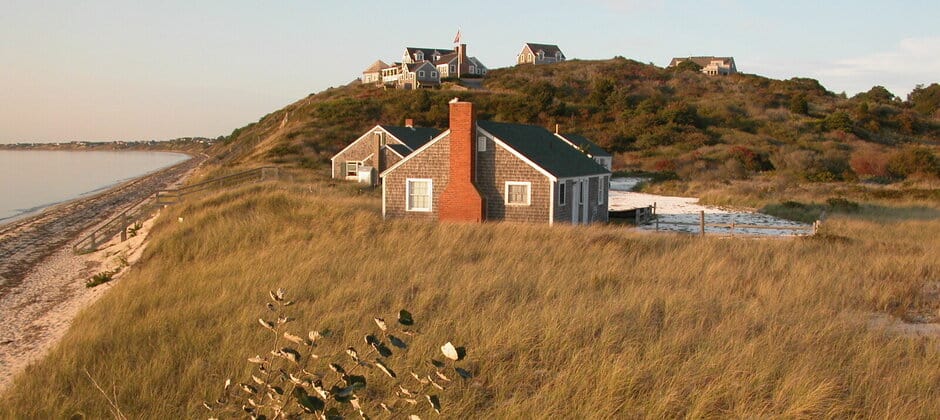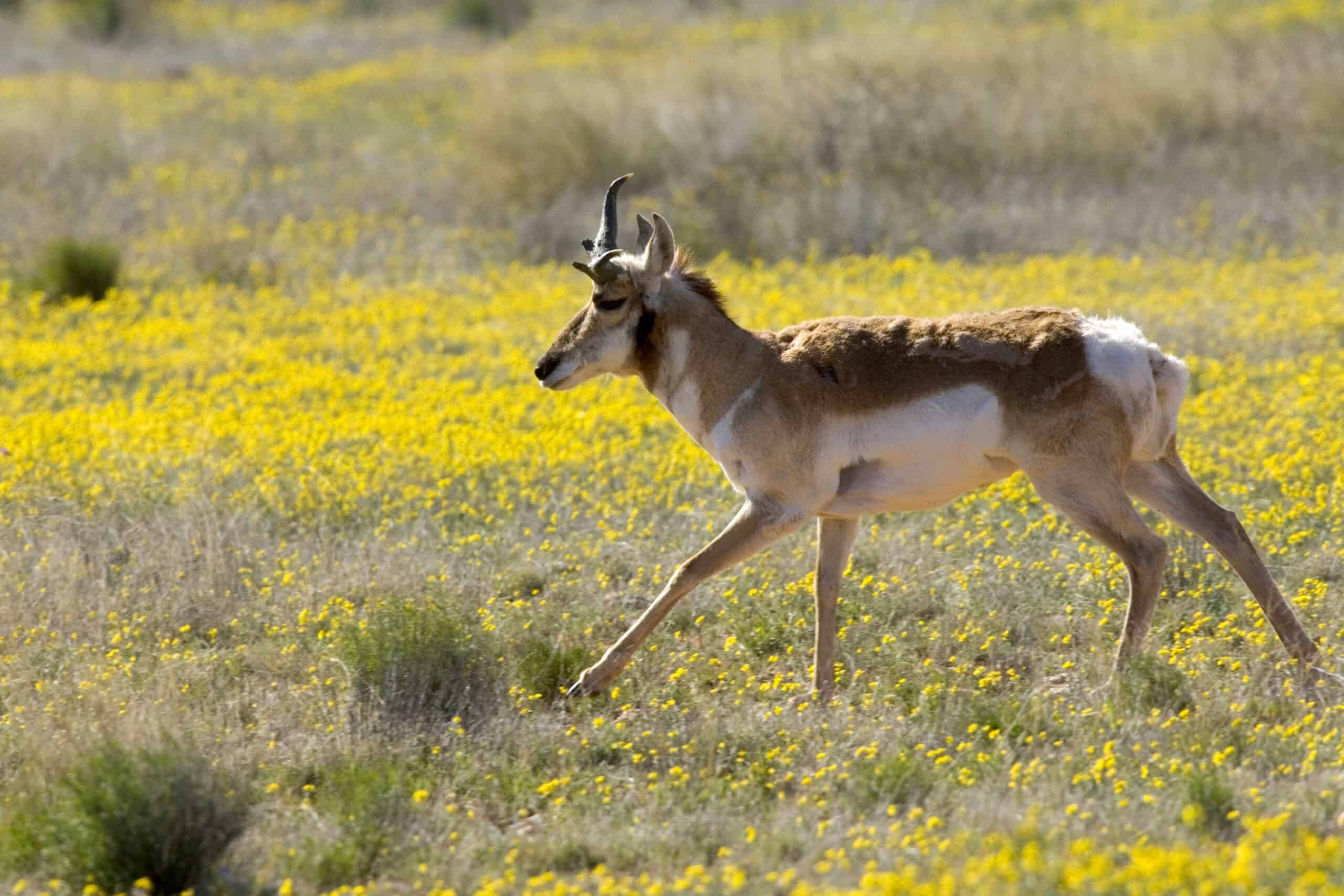Share this article
House subcommittee supports climate research funding
The U.S. House Subcommittee on Energy and Mineral Resources convened on Feb. 17 to discuss the Climate Adaptation Science Centers Act, with legislators airing concerns about how increased funding for climate research under the act would be spent.
The Climate Adaptation Science Centers Act (H.R. 6654) proposes the codification of the U.S. Geological Survey’s National and Regional Climate Adaptation Science Centers (CASCs), and the authorization of $600 million over five years to fund the program.
With the establishment of the national center in 2008, CASCs have since developed a regional presence and are tasked with conducting climate adaptation research including mechanisms to address rising sea levels, erosion, extreme weather events and biodiversity loss.
The goal of climate adaptation research is to proactively identify and reduce both the realized and expected risks posed by climate change. This is achieved through partnerships with universities, natural resource agencies, NGOs, and local and tribal communities within their respective geographic regions to act upon relevant climate concerns. The Wildlife Society advocates for adequately funding CASCs due to the challenges that climate change presents to wildlife managers in maintaining the ecological and economic vitality of natural resources.
At the hearing, Doug Beard, chief of the National Climate Adaptation Science Center, underlined the need for the CASC Act given the rising demand from affected communities for climate adaptation strategies. “We’re only able to fund around 50% of the really high quality scientific proposals we receive, so we clearly have more we could do if we had extra funding,” Beard said. “We do the best we can to respond to those demands … but we are barely scratching the surface.”
Doug Austen, executive director of the American Fisheries Society, spoke about the consequences of climate change on fish and wildlife management and identified CASCs as key allies in helping managers effectively steward America’s natural resources. “The need for science to inform management will only grow as conditions change across the country. Therefore, continuing and expanding support for CASCs is important and timely,” Austen said.
While subcommittee members widely recognized the need for climate adaptation research some voiced concerns over the geographical scope of the bill’s proposed funding being too broad, citing USGS climate studies in China, Laos and Madagascar. Ranking member Rep. Pete Stauber (R-Minn.) expressed support for the program, but cautioned that in its current form, the bill’s text is too vague to ensure that funding is spent mainly on climate adaptation programs in the U.S.
“This legislation in front of us, unfortunately, only will make the program’s shortcomings worse, without improving the program’s strengths,” Stauber said.
Subcommittee chair Rep. Alan Lowenthal (D-Calif.), a champion of the CASC Act, recognized these concerns and agreed on the need for a compromise. “No one disagrees, I think, on the importance of the bill. Sometimes the scope is questioned, and how the money is being spent and where it’s going, so I think these are very appropriate questions,” Lowenthal said. “I think this was a very good hearing, as we identified what some of the critical issues are as this bill moves forward.”
While the CASC Act moves through committee consideration, TWS and its partners are awaiting the administration’s Fiscal Year 2023 funding proposal for the CASCs, set to be made public this spring.
Header Image:
CASCs develop strategies to help people and wildlife across the U.S. adapt to climate change impacts such as the sea level rise and erosion experienced by coastal communities in Cape Cod, Mass.
Credit: Elaine & Gordon Rondeau








